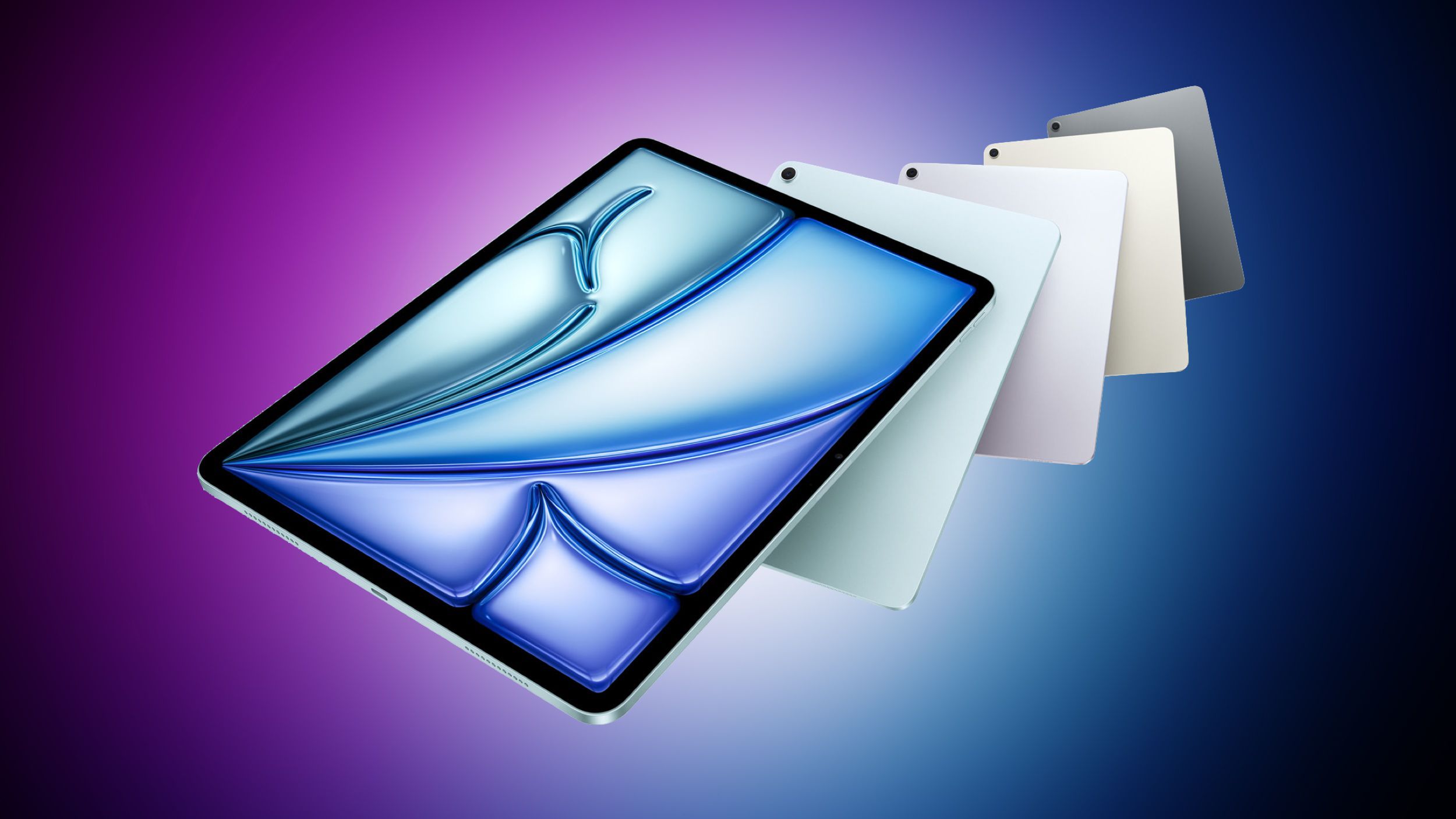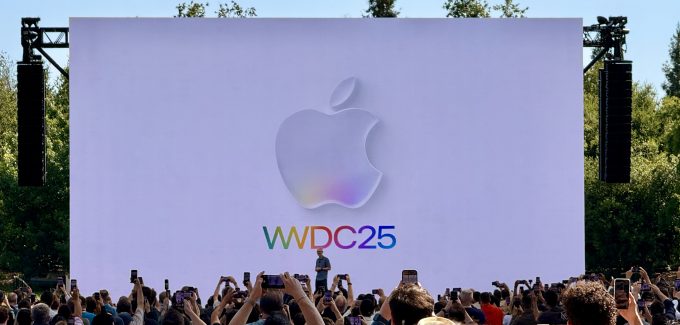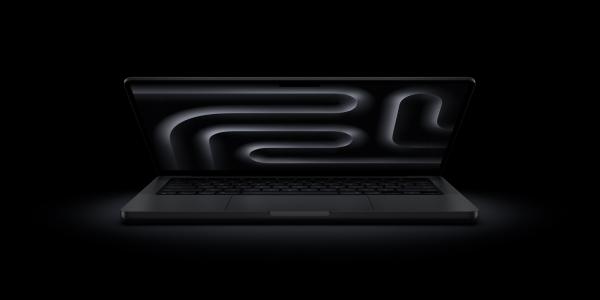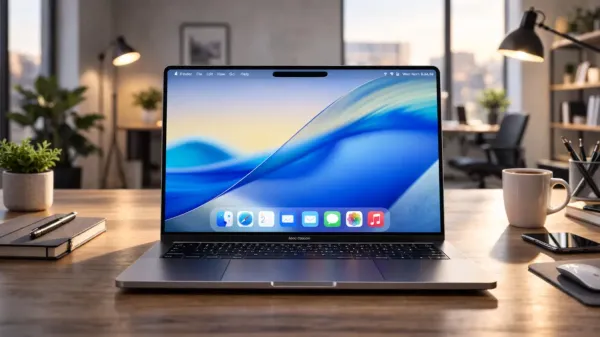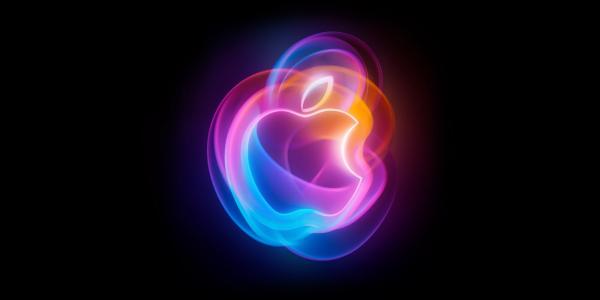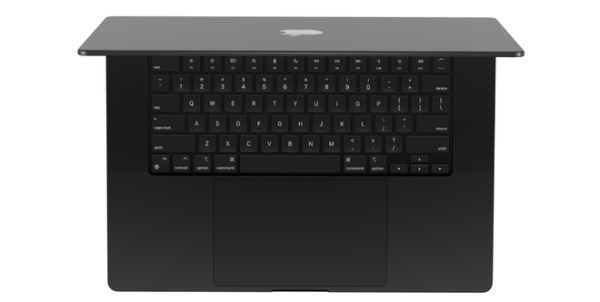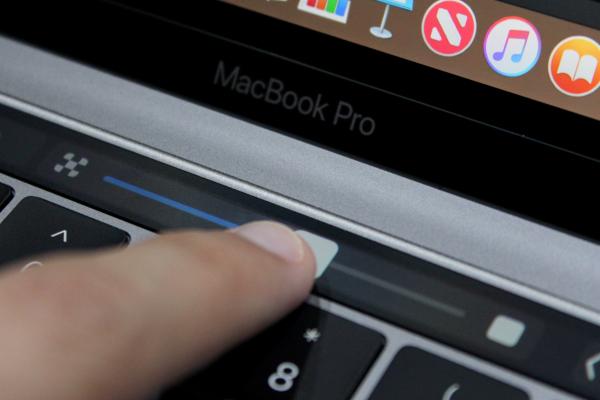Perhaps you are one among the many people really interested in quantum AI and wondering whether it holds the future for Apple. Well, if you are indeed nodding in the affirmative, then you are at the right place. Actually, Allied Market Research finds that the worldwide market is already as big as dollars 0.2 billion and is likely to continue growing with a CAGR of about 36.6% during the coming years.
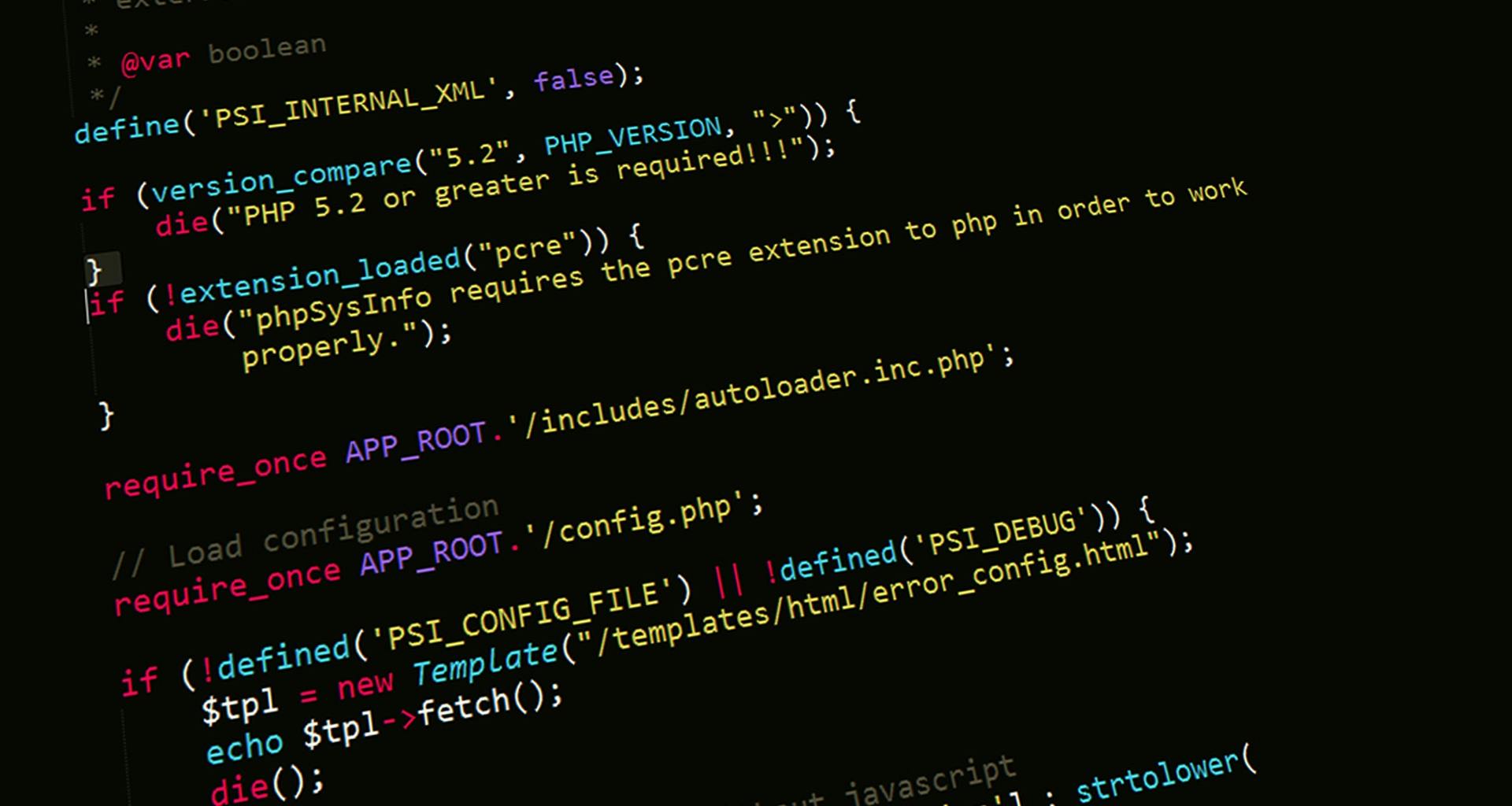
With such growth expected, it makes sense to consider how this technology could affect tech players like Apple. So, hanging around will actually help, as we will delve into this subject in this article. Let's get started.
First of all, what is quantum AI?
Before we learn about the benefits quantum AI (QAI) is likely to offer Apple, let's first understand what it's all about. Just from its name, QAI puts together the principles of quantum mechanics with artificial intelligence to develop algorithms that can take advantage of the unique abilities of quantum computers. It's actually true that AI has brought about a lot of change in many sectors, not only the mobile industry.
However, the problem with this automation technology is the limited ability of classical computers. Now, quantum computing brings super-fast and highly efficient abilities to this intriguing technology. You may want to think of it as the muscles, while AI is the brains. Quantum computers use qubits, which are way faster than classical computer bits.
What's more intriguing is that quantum computers can take advantage of entanglement so that the state of one immediately influences that of another, regardless of the distance. This ensures that these computers can solve complex problems more quickly than classical ones. But the integration of quantum computers with AI is not just a walk in the park.
For example, current computers like IBM's Quantum System Two and Google's Quantum Machinery may not be able to handle extensive AI models. Put together with the need for a highly controlled environment, scaling up these computers for widespread use may pose a great challenge.
Innovation still continues
Even though these challenges still stand, they have not stopped tech giants like Apple from exploiting the advantages of Quantum AI. It recently announced plans to improve iMessage's security using quantum-based security. The protection, PQ3, is expected to offer one of the strongest security properties ever experienced in the world.
The approach was based on a 'what if' scenario where Apple's security teams sought to know what would happen if hackers accessed large amounts of iMessage encryption data just to break the encryption later. Remember, as much as quantum computing can really scale AI capacities, it also provides unusual abilities for cyber attackers. This could actually push more mobile phone companies to adopt quantum AI.
Although these computing attacks are actually not as widespread as they could be, things might change in the future. Actually, some experts believe that quantum computers will be able to crack traditional public key cryptography, such as Elliptic Curve signatures and RSA.
According to Apple, many hackers usually have a problem accessing them because they need a lot of computational resources, which might not be possible for traditional computers. But with the continued popularity of quantum computing, this narrative might – theoretically – change.
To really ensure the protocol's safety, the tech giant submitted it to two renowned security researchers, who responded positively. David Basin, a professor at the Information Security Group at ETH in Zurich, noted that PQ3 could safeguard against an active network adversary with quantum computing abilities. Professor Douglas Stebila of the University of Waterloo agreed with David, noting that the protocol could effectively protect against classical and quantum attackers.
Now imagine combining all that with AI's ability to detect security issues in real time. What a world to look forward to! Given the rising number of cyberattacks targeting mobile devices, this could actually be a great opportunity for mobile tech companies to strengthen their security efforts.
What does the future hold?
Of course, as we have already noted, combining these two technologies is not just a walk in the park. As you may know, quantum computers operate on purpose-built chips and may not be easy to manage. This is because the computers require amazingly low temperatures to operate effectively – which might not be practical for everyday use.
But just as it might not have actually been possible for an 18th-century individual to envision a world as connected as ours today, this technology may become feasible in the coming days.
Another significant issue is the error rates associated with quantum computers. However, as researchers explore how to address this issue, machine learning could actually help optimise error correction algorithms for this challenge.
Finally
It's actually that quantum computing is still way behind the overall AI market, which has already exceeded $233.46 billion. However, this only highlights the significant opportunity companies like Apple have to take advantage of this captivating technology. One area that could really benefit from combining these two technologies is mobile security.
On the flip side, cybercriminals can also use this revolution to their advantage. That's why companies may actually need to combine the two technologies to develop infrastructures that are resistant to quantum-based attacks. With that said, maybe quantum AI could actually power the future of Apple devices, and the recent move to strengthen iMessage's security speaks it all.




